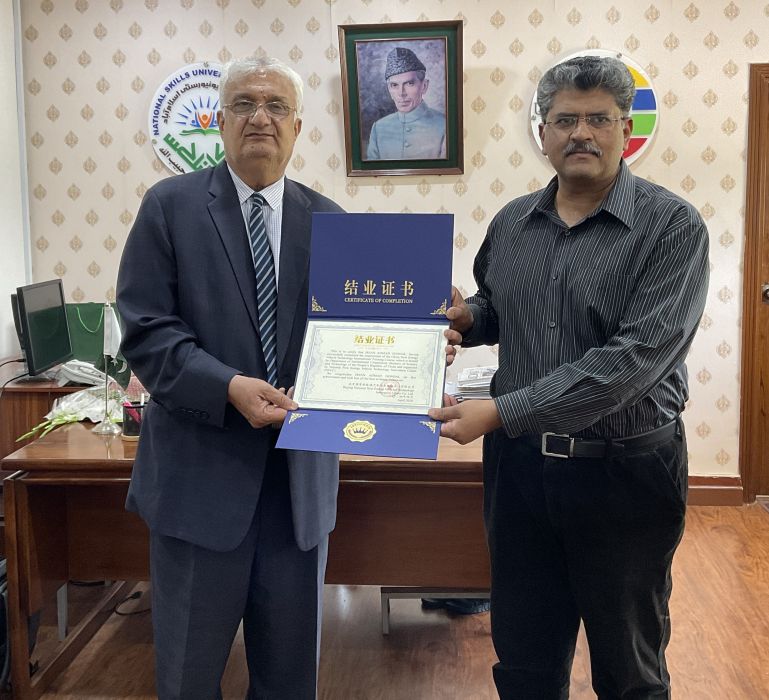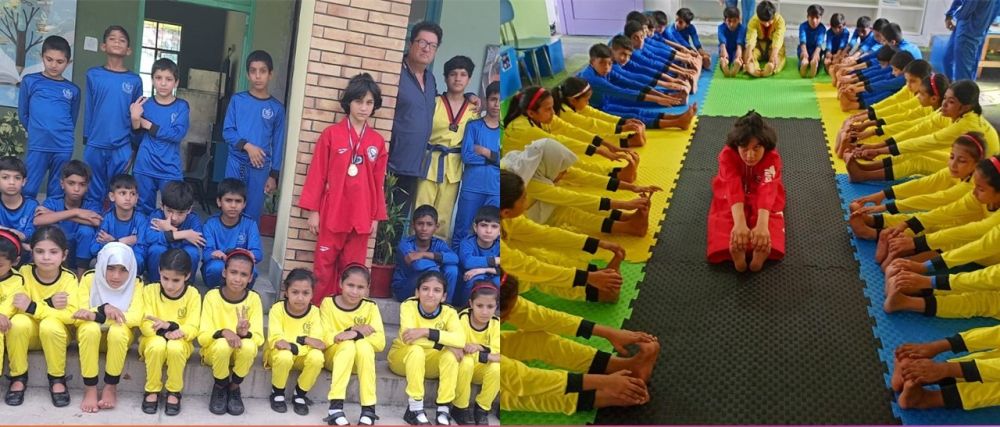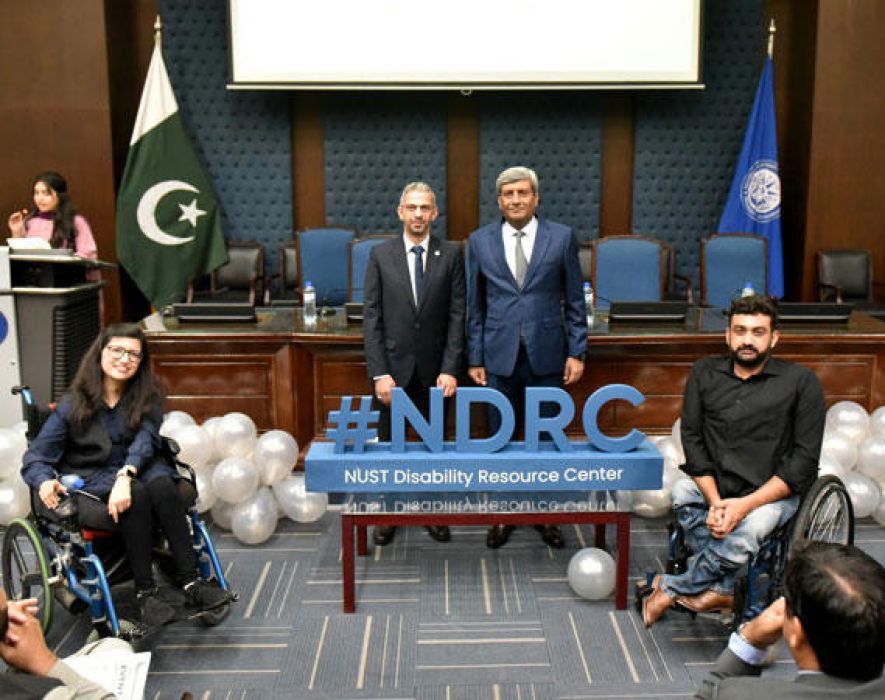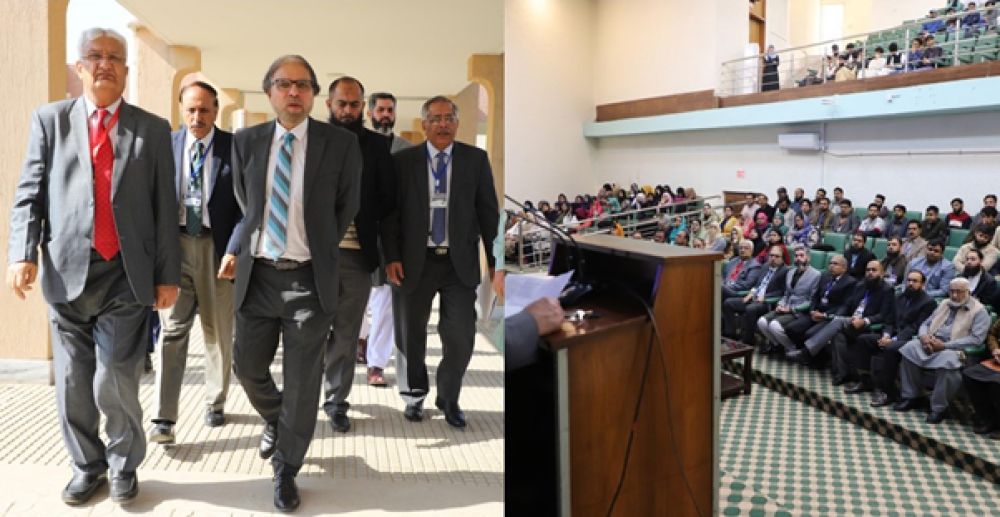National Research Program for Universities (NRPU): Promoting Equality and Equity in Higher Education
Posted 11 months ago
Pakistan's private sector education system has significantly evolved and is now shoulder to shoulder, empowering youth with competitive, contemporary education that aligns with job markets. Equal opportunities to compete for the National Research Program for Universities (NRPU) further acknowledge this and pave the way for future collaborations between public and private sector academia. This initiative with equal opportunities corroborates the fundamental belief that the Higher Education Commission of Pakistan nurtured knowledge, innovation, and scientific discovery should be cultivated without institutional biases.
Prof. Dr. Muhammad Mukhtar, a seasoned academician with extensive experience securing competitive grants from global institutions like the US National Institutes of Health, Pfizer Pharmaceuticals, and the Diabetes Trust Foundation, recognizes the significance of NRPU's inclusive approach. Having also successfully secured funding from the HEC and the National Science Foundation of Pakistan, Dr. Mukhtar views NRPU as a transformative force that acknowledges and rewards excellence in research irrespective of institutional affiliation.
At its core, NRPU is designed to foster high-quality scientific research with tangible impacts on local industry and society. Open to basic and applied research, the program grants researchers the freedom to shape their projects with innovative methodologies and multidisciplinary approaches. This autonomy is essential in cultivating groundbreaking discoveries that address Pakistan's most pressing challenges, from public health crises to technological advancements.
According to the HEC, there are two domains for NRPU call 2024-25 as follows:
a. Basic Research Grant (24 months)
b. Applied Thematic Research Grant in the following areas (24 months)
i. Health, Wellbeing, and Biotechnology
ii. Digital Technologies and Cyber-Physical Systems
iii. Sustainable Energy and Transportation
iv. Smart and Sustainable Agriculture
v. Climate Change, Environmental Management, and Sustainability
vi. Advanced Materials and Industrial Innovation
vii. Governance, Policy, and Societal Innovation
A key feature of NRPU is its emphasis on collaborative research. Grants are awarded to principal investigators (PIs) who are faculty members at Pakistani higher education institutions, with an expectation of interdisciplinary cooperation. The program actively encourages the formation of research teams comprising junior and senior academics, male and female, and industry collaborators. Furthermore, students who have contributed to the underlying academic research are included, ensuring that the next generation of scholars benefit from firsthand exposure to cutting-edge research.
NRPU sets clear eligibility criteria for principal investigators: they must hold a PhD or equivalent qualification, be affiliated with a higher education institution (public or private) on a regular or contract basis (for a duration at least equal to that of the project), and maintain a track record of timely project completion. Including faculty consortia from multiple university departments or institutions and an explicit preference for industry partnerships further strengthens the program's mission of cross-sectoral engagement and applied research outcomes.
Through NRPU, the HEC has not only recognized the contributions of private-sector universities but also reinforced the notion that progress in education and research is a shared national endeavor. NRPU signals a shift from exclusivity to inclusivity, where the best ideas - not institutional pedigrees - define the future of Pakistani research. This inclusivity ensures that every academic and researcher, regardless of their institutional background, is a valued and integral part of the NRPU initiative.
NRPU is not just a research grant program but a declaration that talent and intellectual contribution should be recognized, regardless of institutional background. Such a vision is appropriate and commendable for a country like Pakistan striving for academic and technological excellence.





